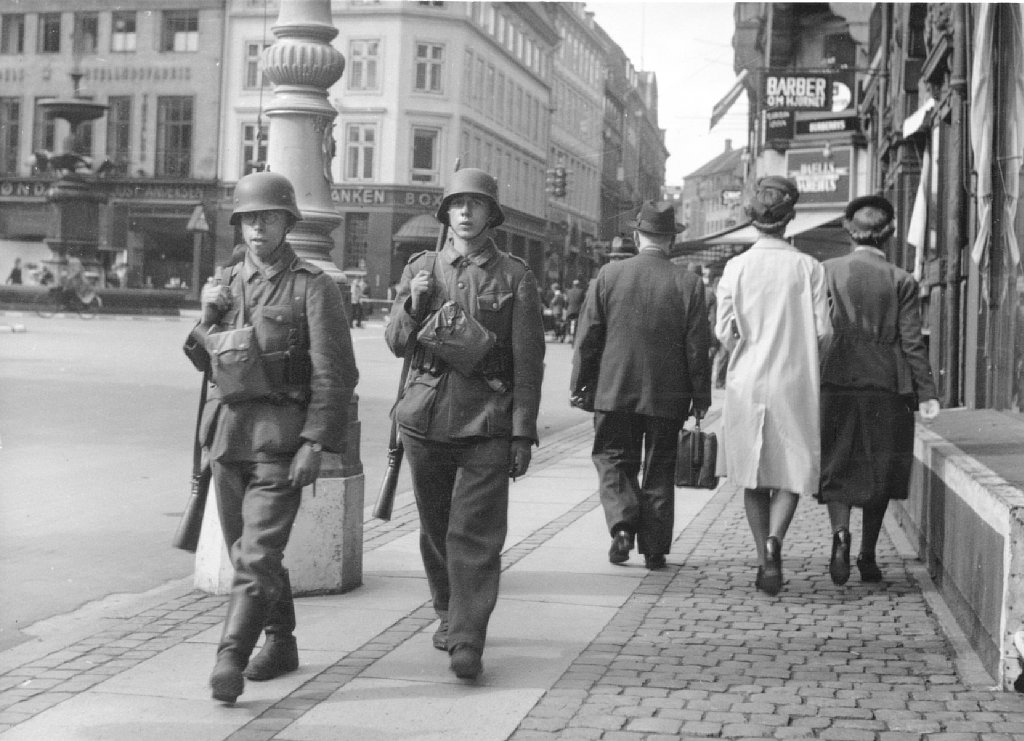
Written by Richard Guille.
The Guernsey Literary and Potato Peel Pie Society (2018) is a Studio Canal film directed by Mike Newell (Four Weddings and a Funeral), based on the award-winning 2008 novel by Mary Ann Shaffer and Annie Barrows. It follows a young English writer, Juliet Ashton (Lily James), who is contacted in 1946 by Dawsey Adams, a Guernsey pig farmer (Michiel Huisman). Learning of his membership of a unique book club formed during the German occupation of Guernsey, 1940-45, Ashton visits Guernsey to discover more. In the process, she learns about the occupation and the experiences of islanders during the war, notably the tragic story of one woman, Elizabeth McKenna (Jessica Brown Findlay). Whilst the film downplays the grittier parts of the book in favour of the story’s romantic dimension, a number of controversial and marginalised aspects of Guernsey’s occupation are portrayed. This article teases out the themes presented by the film and the implications of these for public occupation memory in Guernsey. It considers the films’ promotion in Guernsey, with this years’ Guernsey Heritage Festival (30 March to 10 May 2018) focusing solely on the occupation. This latest foray into presenting the public history of Guernsey’s occupation retains a focus on well-trodden ground at the expense of marginalised areas in occupation memory depicted in the film.
Leave a Comment

